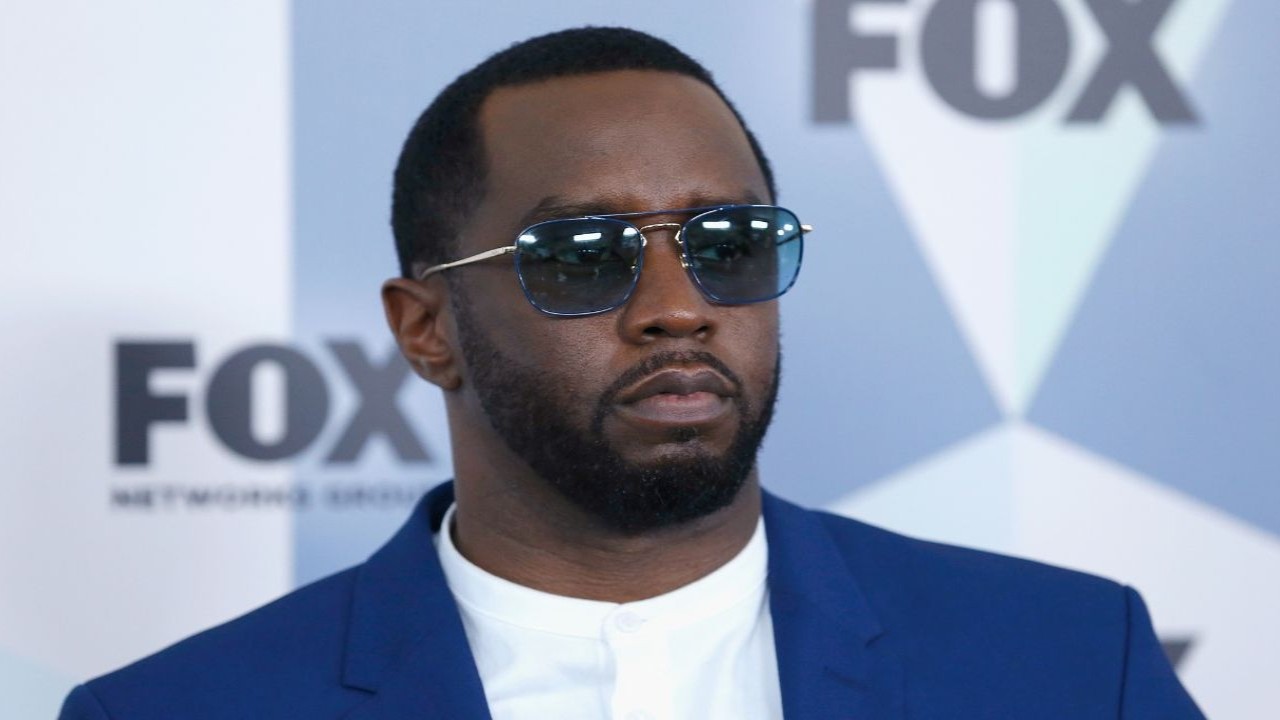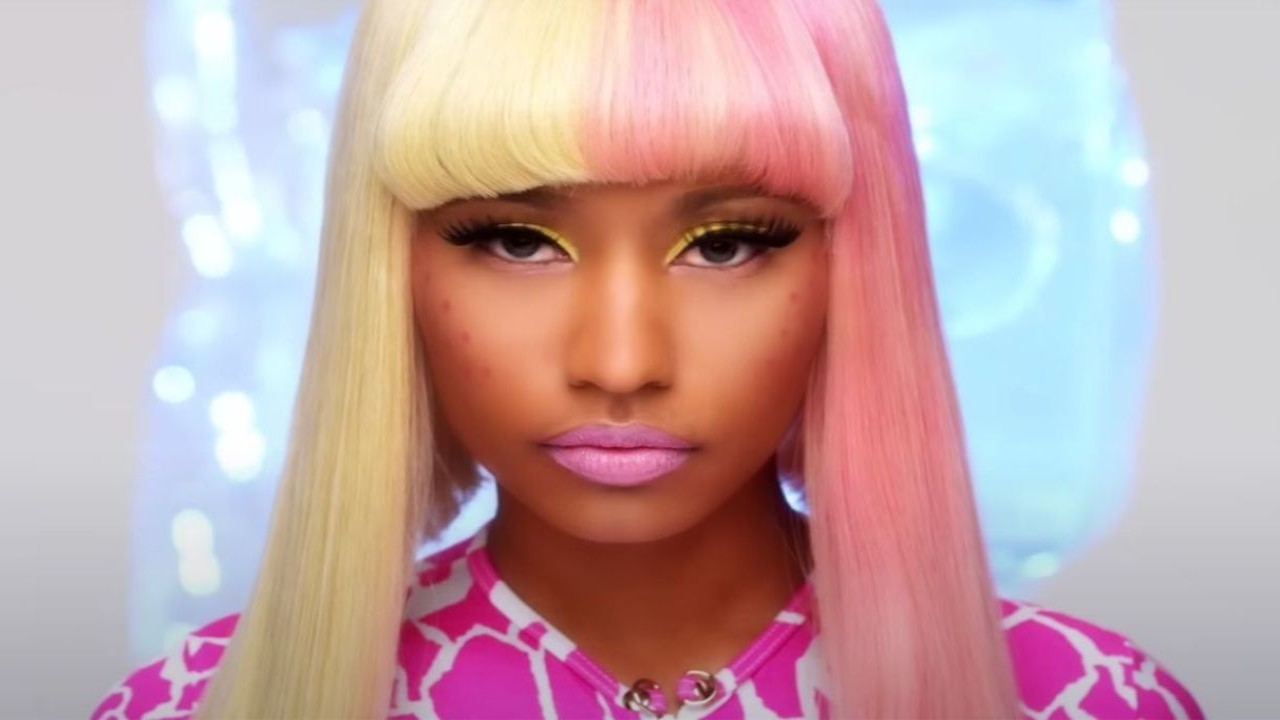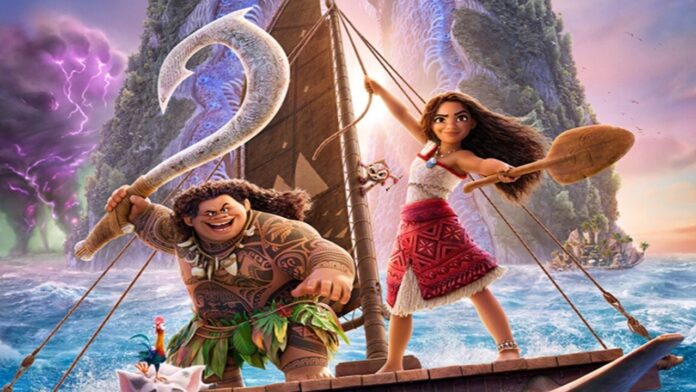The Animated World of Alleged Intellectual Property Theft: Buck Woodall Takes on Disney In the world of animation, creativity and innovation are the building blocks of success. But what happens when an artist’s hard work and original ideas are allegedly stolen by a giant in the industry? Buck Woodall, an animator with a wealth of experience, is now at the center of a controversy that’s sending shockwaves through the animation community. According to recent reports, Woodall has filed a lawsuit against Disney, alleging that the company’s hit films Moana and Moana 2 borrowed heavily from his own concept and ideas. The lawsuit claims that Disney’s films, which have grossed hundreds of millions of dollars worldwide, are essentially a copycat version of Woodall’s original work. In this article, we’ll delve into the details of the lawsuit and explore the implications of this high-stakes battle in the world of animation. Buckle up, animation fans – this is a story you won’t want to
Disney Lawsuit

Animator Buck Woodall has sued Disney for allegedly copying ideas for Moana and Moana 2. The lawsuit claims that Disney stole Woodall’s original concept and characters, and used them without permission or compensation. Woodall is seeking damages and an injunction to stop Disney from continuing to use his ideas.
Woodall’s claims against Disney include allegations of copyright infringement, breach of contract, and misappropriation of trade secrets. He claims that he created the original concept and characters for Moana, including the character of Maui, and that Disney used them without his permission or compensation.
Disney has denied the allegations and claims that Woodall’s work was inspired by public domain materials and traditional Pacific Islander folklore. The company has also claimed that Woodall’s lawsuit is without merit and that he is seeking to profit from his own work.
The lawsuit is ongoing, and the outcome is uncertain. However, the case has already raised concerns about the protection of intellectual property rights in the animation industry.

Impact on the Animation Industry
The Disney-Moana lawsuit has sparked concerns about the protection of intellectual property rights in the animation industry. The case highlights the importance of securing proper permissions and licenses when using original concepts and characters.
The lawsuit also raises questions about the role of inspiration versus theft in the creative process. While Disney claims that Woodall’s work was inspired by public domain materials and traditional Pacific Islander folklore, Woodall alleges that Disney stole his original ideas and used them without permission or compensation.
The outcome of the lawsuit could have significant implications for the animation industry. If Disney is found to have infringed on Woodall’s intellectual property rights, it could set a precedent for artists and creators to protect their work more vigorously. On the other hand, if Disney is found not to have infringed on Woodall’s rights, it could undermine the protection of intellectual property rights in the industry.
Sean ‘Diddy’ Combs’ Legal Troubles
Sean ‘Diddy’ Combs has been embroiled in a series of legal troubles, including allegations of sex trafficking and racketeering. The rapper was arrested in September and charged with using his money and celebrity status to abuse, threaten, and coerce women into fulfilling his sexual desires for decades.
Combs has denied the allegations and pleaded not guilty to the charges. However, he has been denied bail three times and remains detained at Brooklyn’s Metropolitan Detention Center.
The allegations against Combs are serious and disturbing, and could have significant implications for his career and personal life. The case highlights the importance of protecting the rights and dignity of all individuals, and the need for accountability and justice in cases of sexual abuse and exploitation.
Sex Trafficking Charges
Combs was charged with sex trafficking and racketeering in September. The allegations against him are serious and disturbing, and include claims that he used his money and celebrity status to abuse, threaten, and coerce women into fulfilling his sexual desires for decades.
The indictment against Combs includes allegations that he engaged in racketeering and sex trafficking, and that he used his money and celebrity status to commit these crimes. The indictment also alleges that Combs used his employees and associates to help him commit these crimes, and that he used violence and intimidation to enforce his demands.
Combs has denied the allegations and pleaded not guilty to the charges. However, the case against him is ongoing, and he could face significant prison time and financial penalties if convicted.
Entertainment News and Updates
Recent developments in the Diddy case include updates on the trial date and bail status. Combs has been denied bail three times and remains detained at Brooklyn’s Metropolitan Detention Center.
Reaction from fans and celebrities has been mixed, with some expressing support for Combs and others condemning his alleged actions. The case has also sparked a broader discussion about the importance of protecting the rights and dignity of all individuals, and the need for accountability and justice in cases of sexual abuse and exploitation.
Other Entertainment News
Other entertainment news includes updates on Nicki Minaj’s Pink Friday 2 tour and reaction to Jamie Lee Curtis’s recent statements on her priorities for 2025.
Minaj’s lawsuit against her former tour manager, Brandon Garrett, is ongoing. The lawsuit alleges that Minaj assaulted Garrett during a confrontation backstage at Little Caesars Arena in Detroit in April 2024.
Curtis has spoken out about her priorities for 2025, including a focus on her health and well-being. The actress has also expressed her support for the #MeToo movement and has spoken out about the importance of protecting the rights and dignity of all individuals.
Conclusion
In conclusion, the article has shed light on the contentious lawsuit filed by animator Buck Woodall against Disney, alleging that the company has plagiarized his ideas for the hit movie Moana and its upcoming sequel. The key points highlighted in the article include Woodall’s claims of sharing his concept with Disney executives years prior to the film’s release, as well as the striking similarities between his original work and the final product. The lawsuit has sparked a heated debate within the animation community, with many questioning the creative integrity of Disney’s storytelling process.
The significance of this case extends beyond the realm of intellectual property disputes, as it raises important questions about the value of creative input and the responsibility of large corporations to acknowledge and compensate individual contributors. The implications of this lawsuit could have far-reaching consequences for the animation industry as a whole, potentially leading to a greater emphasis on transparency and accountability in the creative process. As the case unfolds, it will be crucial to monitor how Disney responds to these allegations and whether the company is willing to take steps to rectify the situation.

